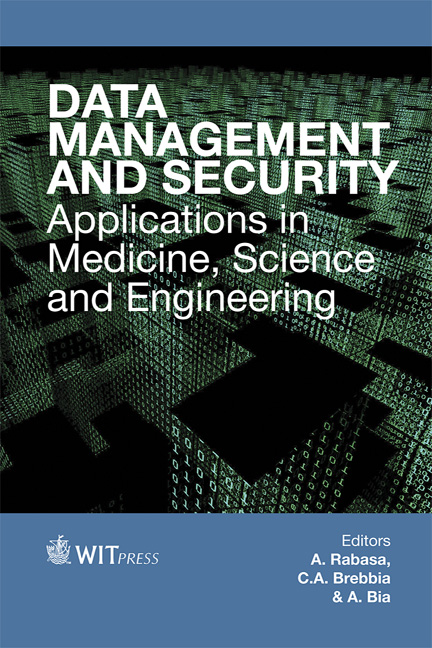Fuzzy Logic Modelling Of A Performance Evaluation System For Academic Programmes In Nigeria Higher Education
Price
Free (open access)
Volume
45
Pages
14
Page Range
113 - 126
Published
2013
Size
385 kb
Paper DOI
10.2495/DATA130111
Copyright
WIT Press
Author(s)
E. M. Igbape & E. A. Onibere
Abstract
Over the past few decades, computer applications have extended beyond the traditional areas to non-traditional ones. Notably, real life applications often present vague, ambiguous and imprecise data. Previous investigations have shown that most current efforts to deploy ICT tools for schools management in Nigeria have resulted in multiplicity of ad-hoc incompatible information systems consisting of fragmented mixtures of single function systems that neither share data nor communicate effectively. Also, data acquired from numerous academic processes have varying degrees of imprecision, incompleteness, ambiguity, vagueness and subjectivity. Analysing the data to generate various reports for effective school administration and quality assurance presents challenges not easy to resolve with conventional information processing systems built on normal relational databases. Based on the premise that enough literature exists on systems integration standards and best practices, this study proposes a model for building a decision support system for monitoring and evaluating the performance of academic programmes in Nigerian Schools using fuzzy logic. This is achieved by using the approach proposed by Daniel Fasel to introduce fuzzy concepts into the derived multi-dimensional data schema and adding a meta table structure for classification, without affecting the core of the crisp data. This will eliminate the possibility of parallel data structures for different subsystems and allow the use of both sharp and fuzzy queries simultaneously. Specific implementation issues are examined with a case study of the University Programmes Accreditation Status Monitoring System in Nigeria. Keywords: fuzzy relational databases, data integration, integrated fuzzy data repository, membership function, fuzzy classification, quality assurance.
Keywords
Keywords: fuzzy relational databases, data integration, integrated fuzzy data repository, membership function, fuzzy classification, quality assurance.





